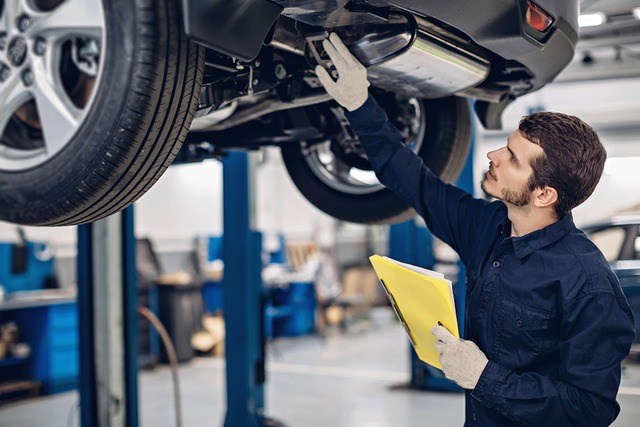the Importance of Car Inspections
Car inspections are a critical aspect of vehicle maintenance that ensures the safety and functionality of an automobile. Regular inspections help in identifying potential issues before they escalate into major problems, saving owners from expensive repairs and enhancing the vehicle’s lifespan. These inspections encompass various checks, including engine performance, brake efficiency, tire condition, and overall vehicle safety. By adhering to scheduled inspections, car owners can ensure their vehicles are in optimal condition, providing peace of mind and reliable transportation.
Key Components of a Comprehensive Car Inspection
A thorough inspection voiture covers multiple components of the vehicle to ensure its overall health. The engine is often the focal point, where mechanics check for issues such as oil leaks, belt wear, and coolant levels. The braking system is another critical area, with checks on brake pads, rotors, and fluid levels to ensure they function correctly. Tire inspections involve assessing tread depth, alignment, and pressure, all crucial for safe driving. Additionally, the inspection includes checking the electrical system, lights, and battery to ensure everything is in working order. This comprehensive approach ensures no part of the vehicle is overlooked, promoting safety and performance.
The Role of Technology in Modern Car Inspections
Advancements in technology have revolutionized car inspections, making them more accurate and efficient. Modern diagnostic tools can quickly identify issues that might not be visible during a manual inspection. These tools can read error codes from the car’s onboard computer, pinpointing problems with sensors, the engine, and other critical systems. Additionally, technology has enabled the development of mobile apps that remind owners when it’s time for an inspection and provide detailed reports on the vehicle’s condition. These innovations have made car inspections more accessible and reliable, ensuring that even minor issues are detected and addressed promptly.
Benefits of Regular Car Inspections
Regular car inspections offer numerous benefits that go beyond immediate safety concerns. One of the primary advantages is cost savings; identifying and fixing minor issues early can prevent more significant, costly repairs in the future. Inspections also enhance the vehicle’s performance and fuel efficiency by ensuring all components are in good working condition. Moreover, regular checks can increase the resale value of the car, as potential buyers often seek vehicles with a well-documented maintenance history. In essence, regular car inspections are an investment in the vehicle’s longevity and reliability, providing ongoing benefits to the owner.
Choosing a Reliable Car Inspection Service
Selecting a reliable car inspection service is crucial for ensuring accurate assessments and quality repairs. It’s important to choose a service with certified mechanics who have extensive experience and training. Reading reviews and seeking recommendations from friends or family can also help in finding a trustworthy service provider. Additionally, it’s beneficial to select a service that offers comprehensive inspections, covering all aspects of the vehicle, and uses modern diagnostic tools. Transparency in pricing and detailed reporting are other factors to consider, ensuring you understand the condition of your vehicle and the necessary repairs or maintenance.
In conclusion, comprehensive car inspections are vital for maintaining vehicle safety, performance, and longevity. By understanding the importance of these inspections, recognizing the key components involved, leveraging modern technology, and choosing a reliable service, car owners can ensure their vehicles remain in top condition. Regular inspections not only prevent costly repairs but also contribute to a safer driving experience and a higher resale value, making them an essential aspect of responsible vehicle ownership.








